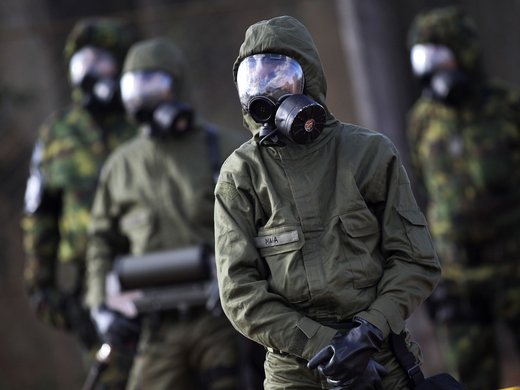Drawing upon interviews conducted with 24 Kibuye-based survivors, as well as GOR officials from around Rwanda, the paper argues that survivors — while appreciative of any effort to memorialize the 1994 genocide — are negotiating psychological and spiritual distress as a result of their inability to definitively identify and rebury the remains of their missing loved ones with respect. This distress, in turn, makes it difficult for them to envision a stable future for their communitythat includes multi-ethnic collaboration. For this reason, the paper asserts that the international community, in collaboration with the GOR and survivor communities around Rwanda, should pursue new humanitarian exhumations. These exhumations should be mandated to positively identify the anonymous victims of the 1994 genocide and return any identified remains to their surviving families for reburial.


